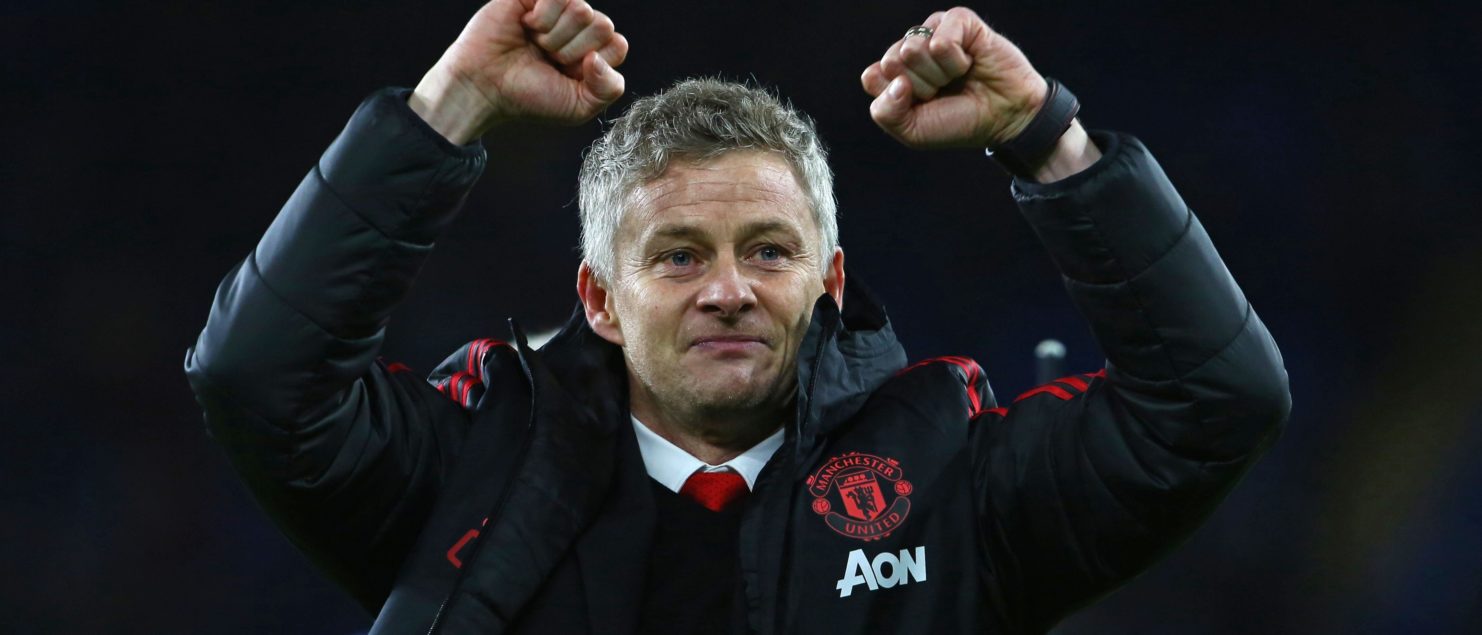The Necessary Building Blocks for Solskjaer’s Transitional Period
Everything pertaining to Ole Gunnar Solskjaer’s appointment as Manchester United’s interim manager catches the eye. The fact that, out of all of Sir Alex Ferguson’s pupils, Ole was the chosen one. The fact that Ole that Manchester United scored five goals for the first time since Ferguson’s last match in charge, and the fact that Ole was given a chance after a failed spell at Cardiff. Manchester United are one tough nut to crack: there isn’t an easy answer behind their post-SAF decline. It will take a while to ask, and to receive answers, on questions pertaining to recruitment, managerial appointments, scouting, strategy….but it’s easiest to point the finger and scrutinize tactics. And so, as Solskjaer aims to put scotch tape on a trainwreck of a football club, let’s analyze his tactics.
Although the squad quality is disconnected and disparate, United are not lacking in talent. David de Gea, despite a poor year by his standards, remains a premium, while Anthony Martial and Paul Pogba are still incredibly gifted footballers capable of changing and winning a game. Marcus Rashford and Diogo Dalot are bright talents as well, and Mourinho’s disastrous final season has made fans and neutrals forget that they, not very long ago, used to be highly decent players: Nemanja Matić, Romelu Lukaku, Alexis Sánchez.
Above all, Manchester United need stability right now, which, in itself is an oxymoron, as Solskjaer will almost certainly cede control to a permanent manager this coming summer. First, the Norwegian must squeeze the most out of his key leaders, all the while promoting a free-flowing, attacking style of football. He must return them to the “United Way” so desperately coveted by fans and pundits. Whatever that means nowadays is up for discussion, but Ole’s side must continue the avalanches of goals that we saw against Cardiff, all the while keeping de Gea’s goal safe and unbothered. It seems to be a balance that’s beyond this team, currently 8 points away from 5th. Why? We can trace the why to a single position, for starters.
Manchester City have Fernandinho, Liverpool have Fabinho, Arsenal have Torreira, Chelsea have Jorginho, but who do United have to balance midfield, defense, and attack?
In less abstract terms, there are two wrongs that must be righted in order to steady the ship. First, the midfield must serve as the spine of the team, whether that be through a positional holding midfielder, something that neither Matić nor any other player in the team is close to fulfilling, or through a defensive pivot set on regaining possession–a la Schweinsteiger-Martínez in Heynckes’ treble-winning Bayern. The presence, or lack, of Ander Herrera in the starting XI also produces several dilemmas: the Spaniard is the only midfielder capable of controlling the game with the ball, and although his best years are behind him, Solskjaer may be wise in trusting him in order to dominate possession.
The second question concerns in United’s off-the-ball setup. This season, United have struggled off the ball, with slow pressing and poor spacing that allows the rivals to progress easily. In fact, such is the lazy construction of Mourinho’s deep block that wingers like Rashford and Martial have had to act as secondary fullbacks, close to the last line of defense. The holding midfielder, to make matters worse, was positioned so deep in order to protect his center backs, so deep that the interior midfielders were isolated away from him. Solskjaer will have to improve the midfield positioning in order to get his team clicking both in and out of possession. It may seem like a small detail, but how the United players work off the ball will demonstrate whether or not the Norwegian’s motivational talks are working.
After the departure of José Mourinho, a manager who always takes an emotional toll on both the players and the fans, Solskjaer’s brilliant debut against Cardiff is certainly a breath of fresh air. Solskjaer, assistant coach Mike Phelan, and co. must build on the early hype and establish the building blocks of what could be a vital transitional period. It’s taken five years, but perhaps this is the transitional era they’ve waited so long to establish.
By: Giovanni Rocha Piazza
Translated by: Zach Lowy
